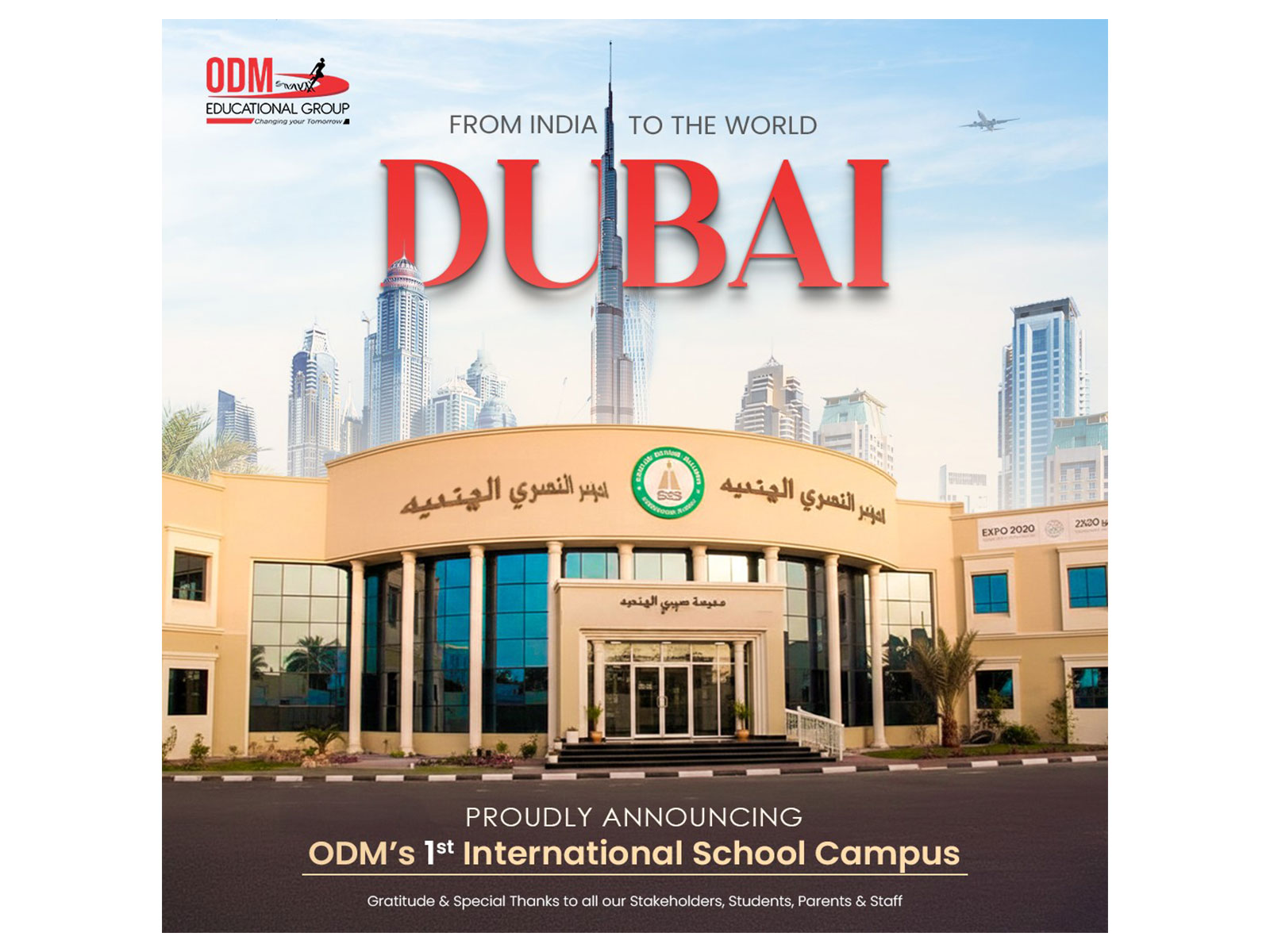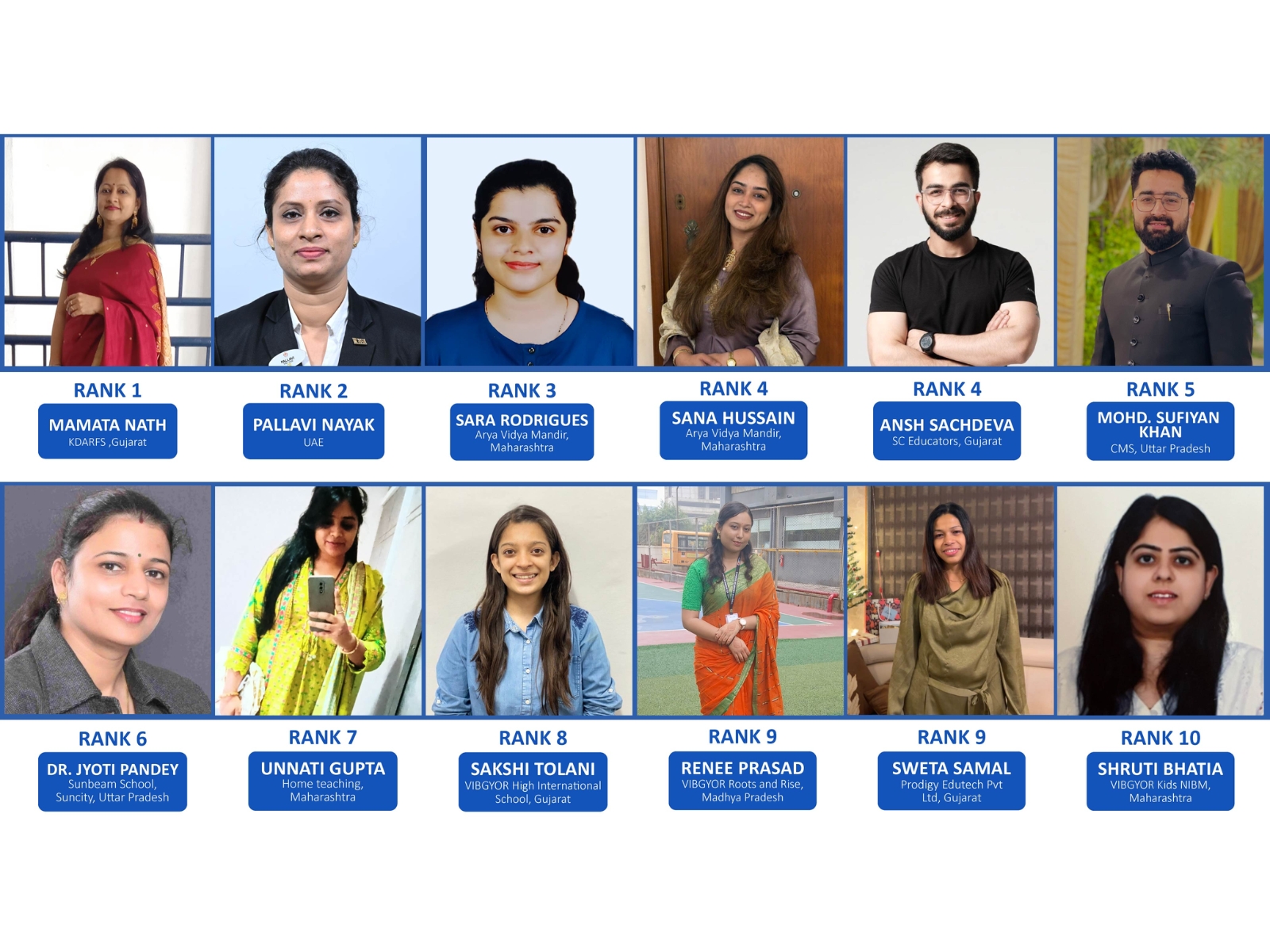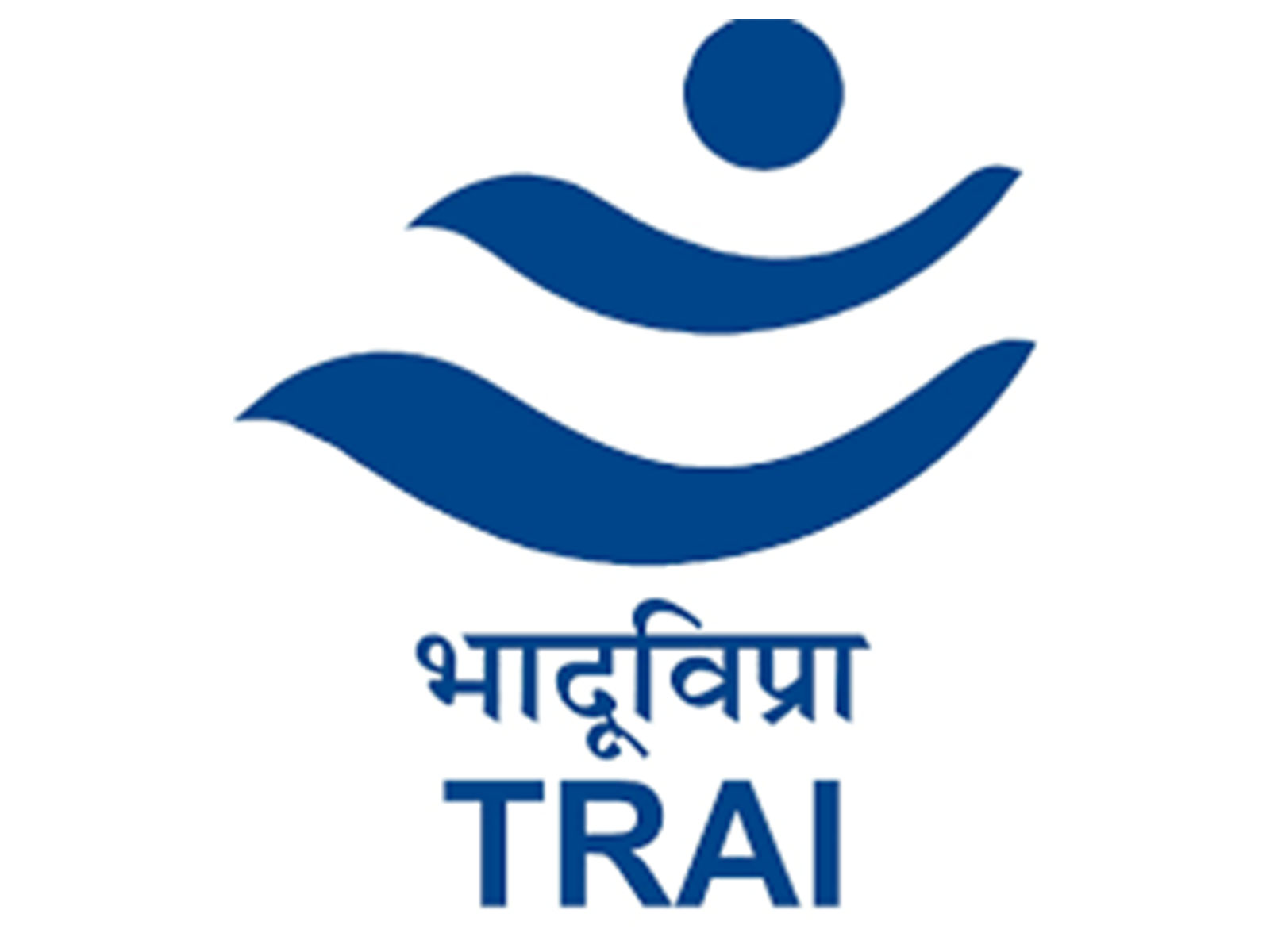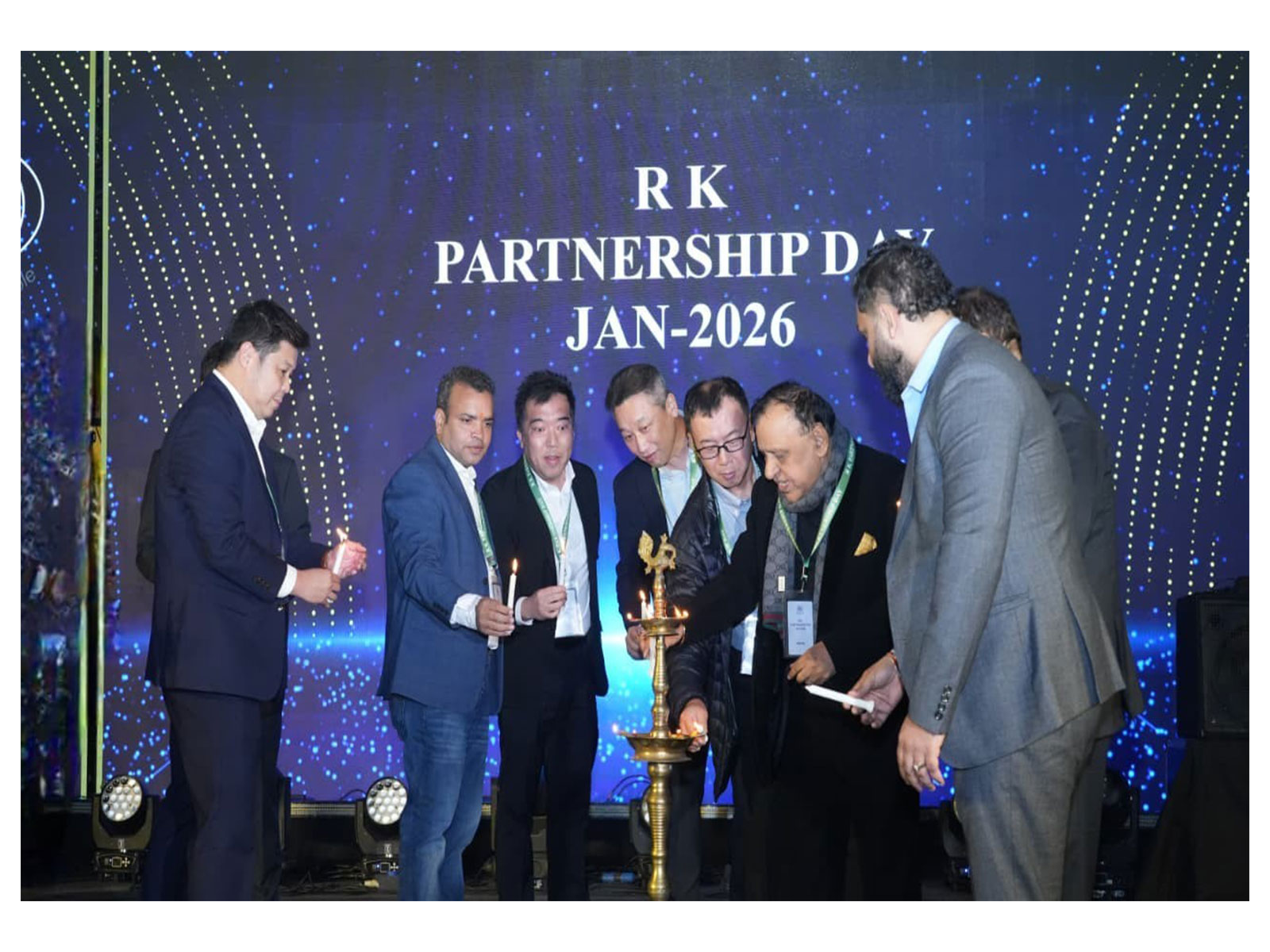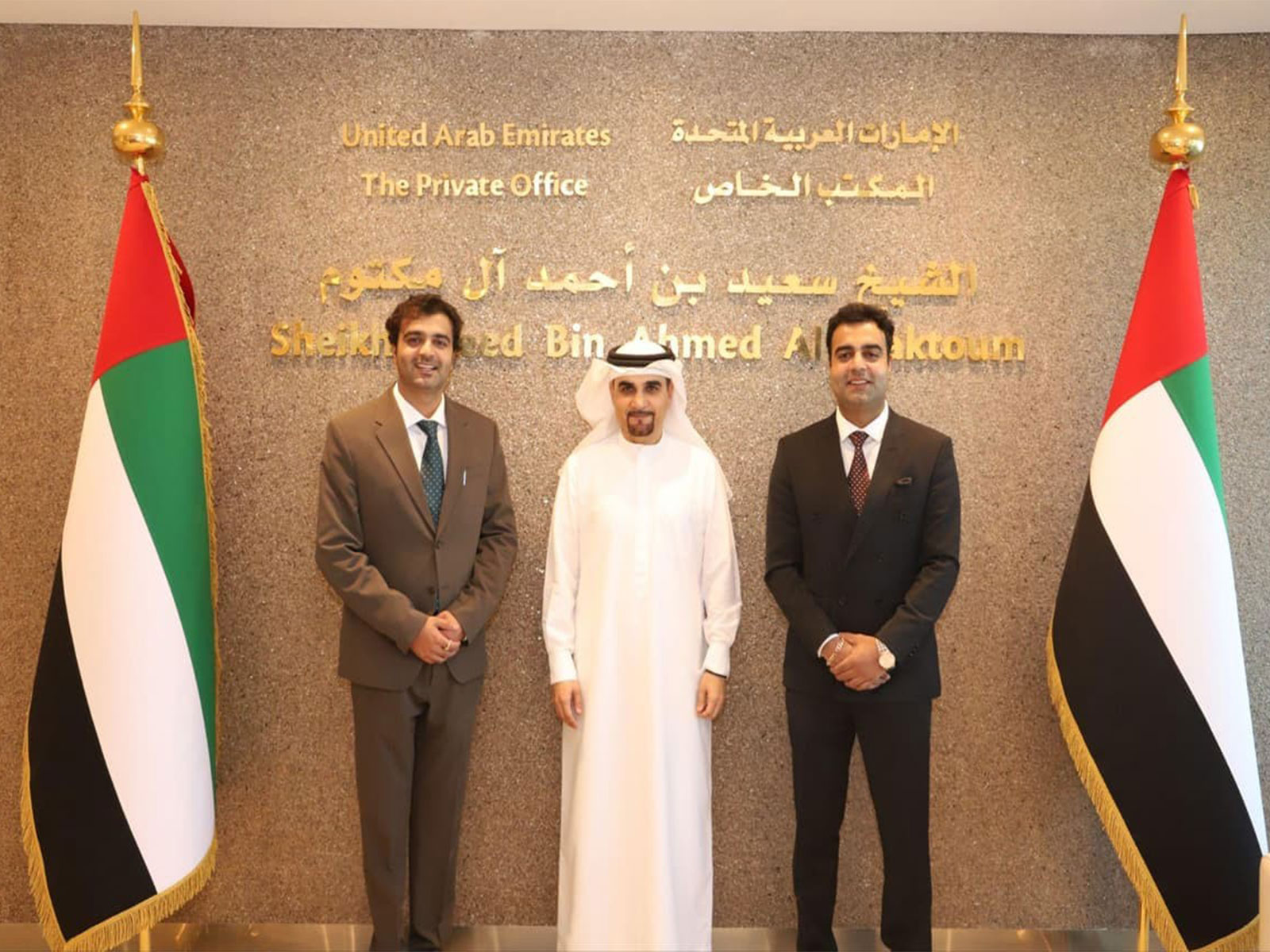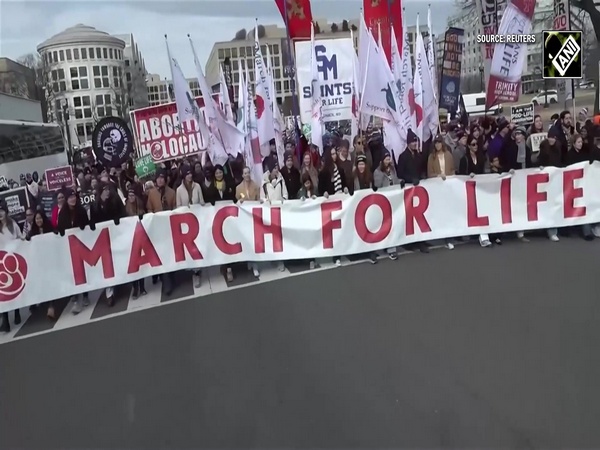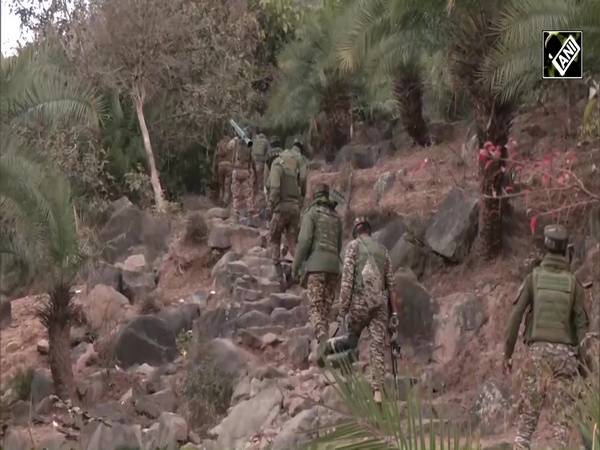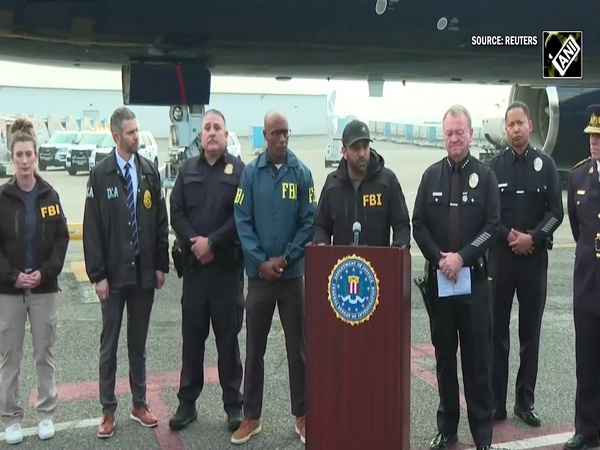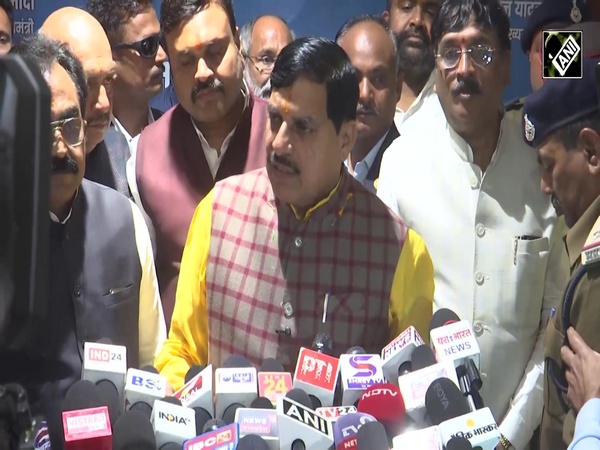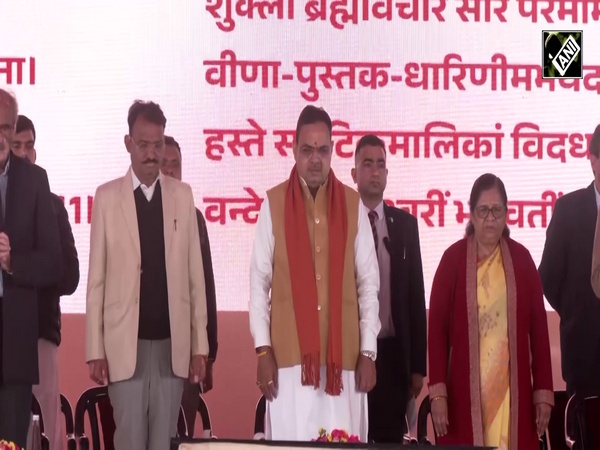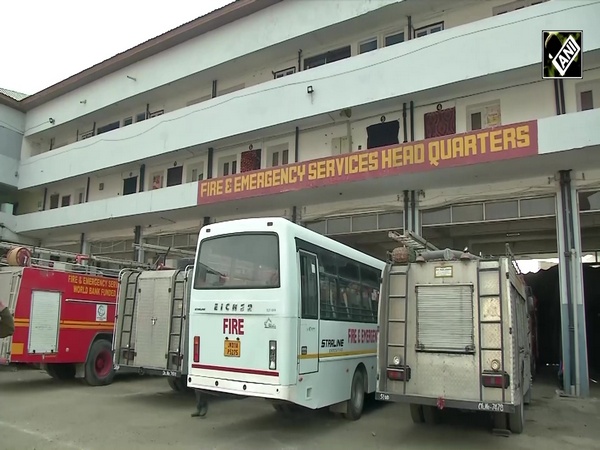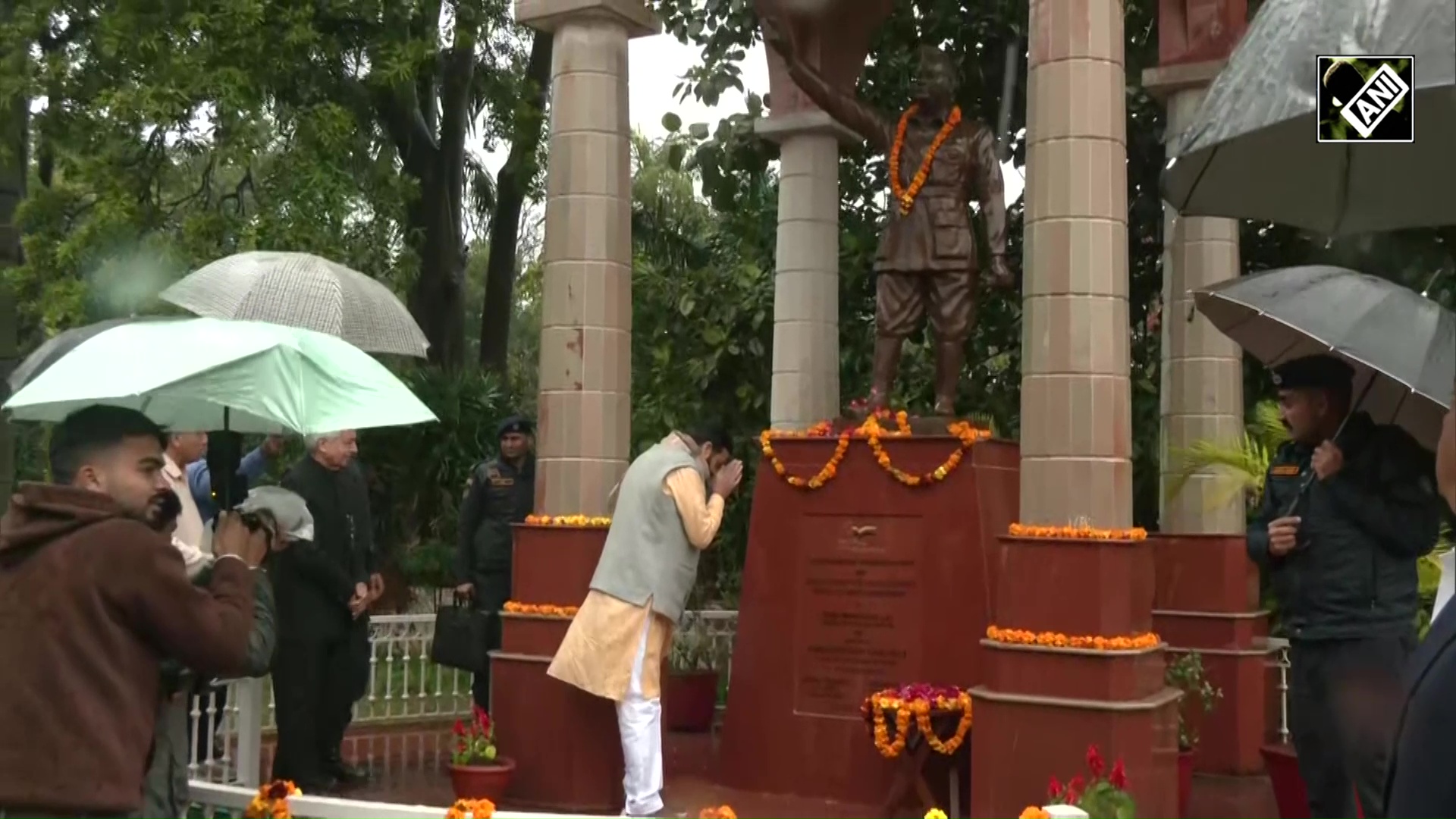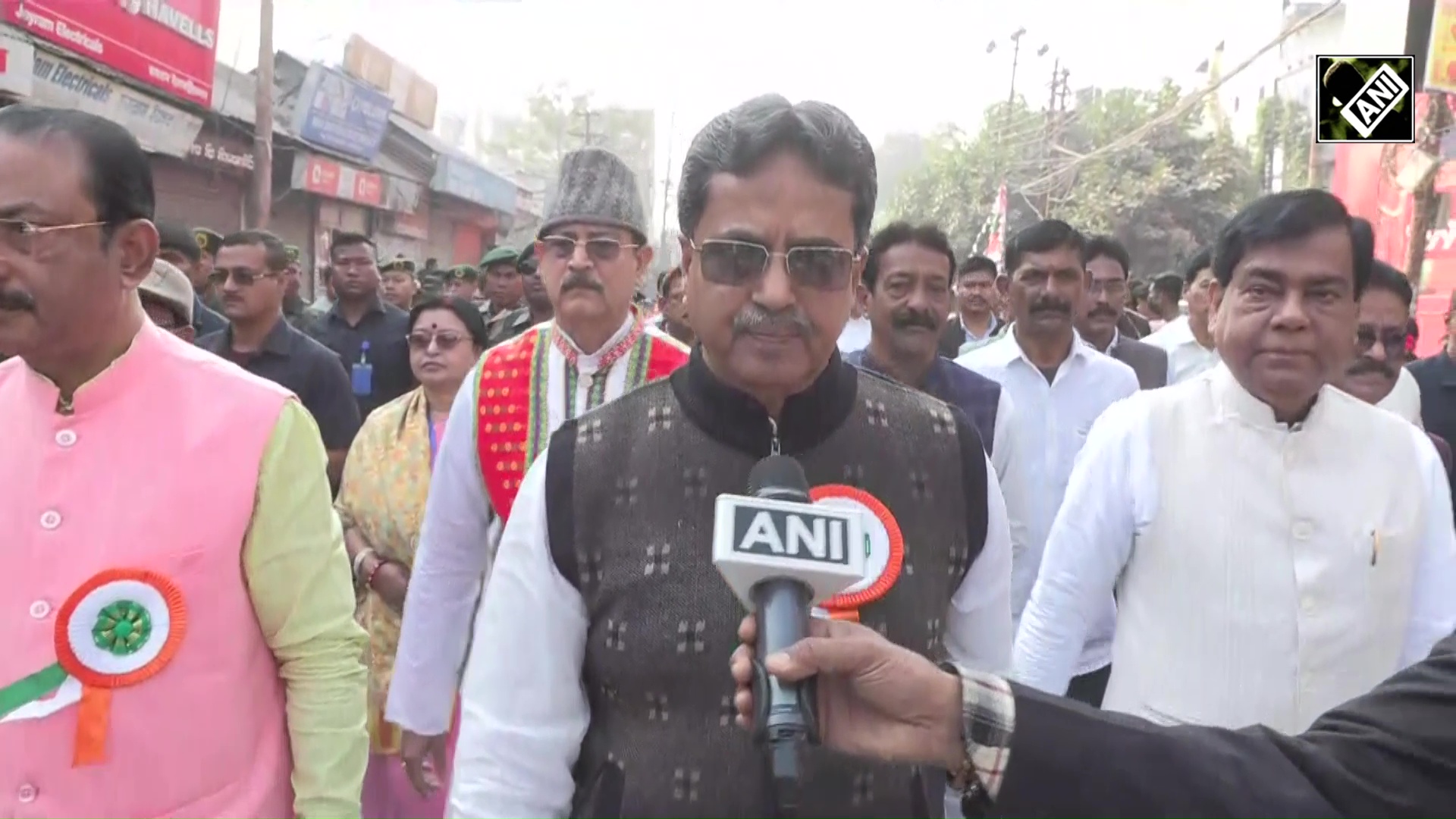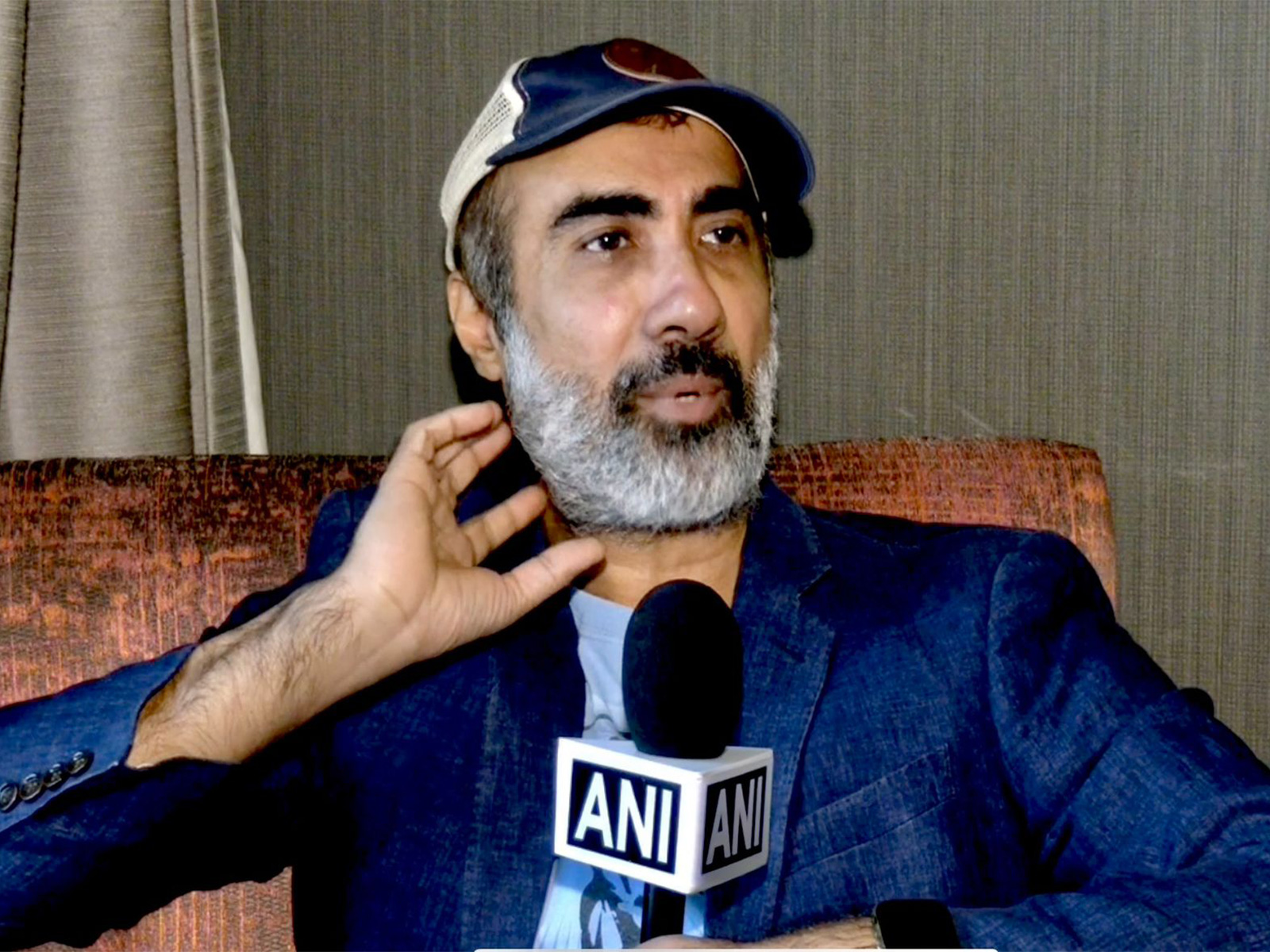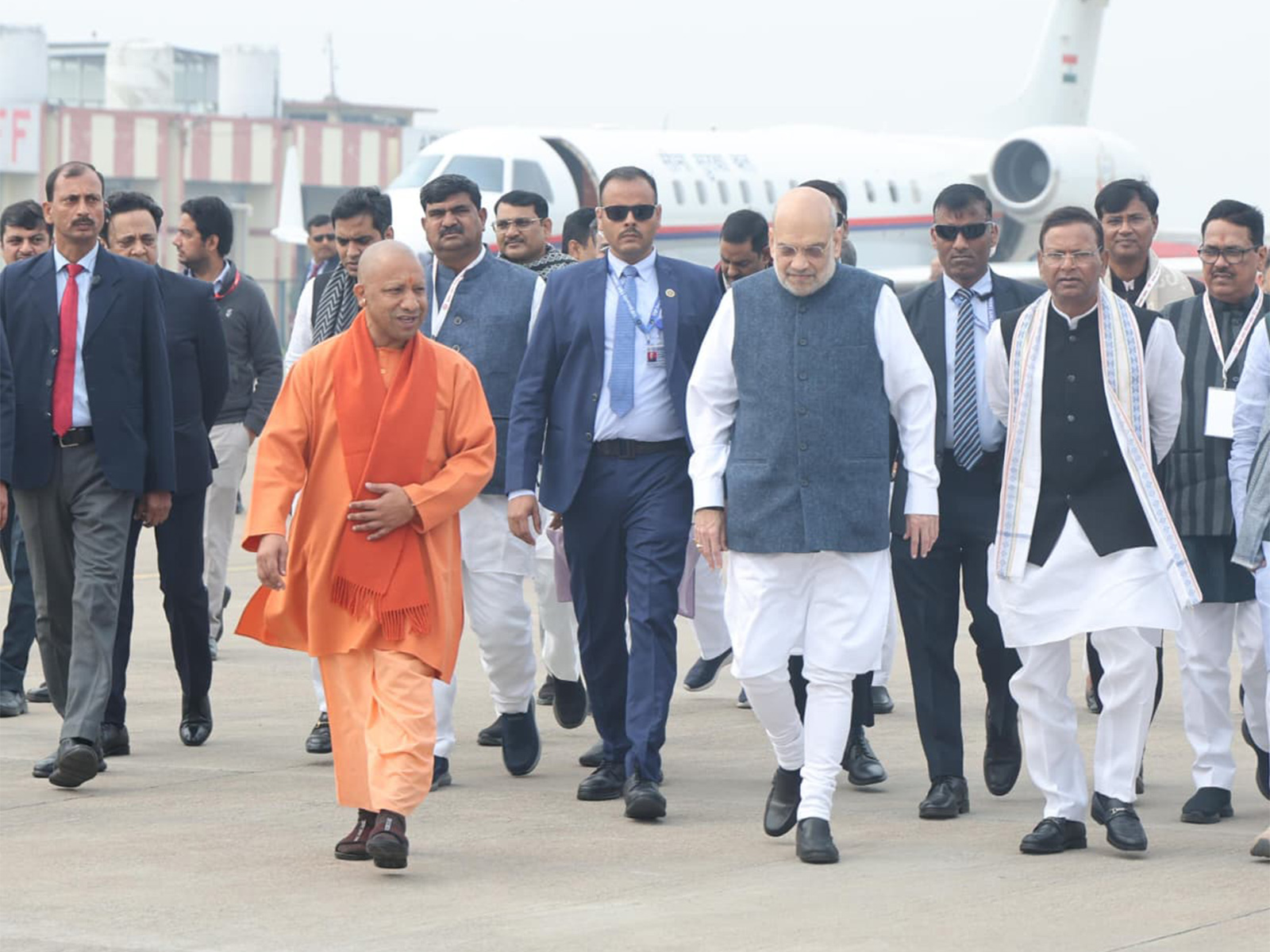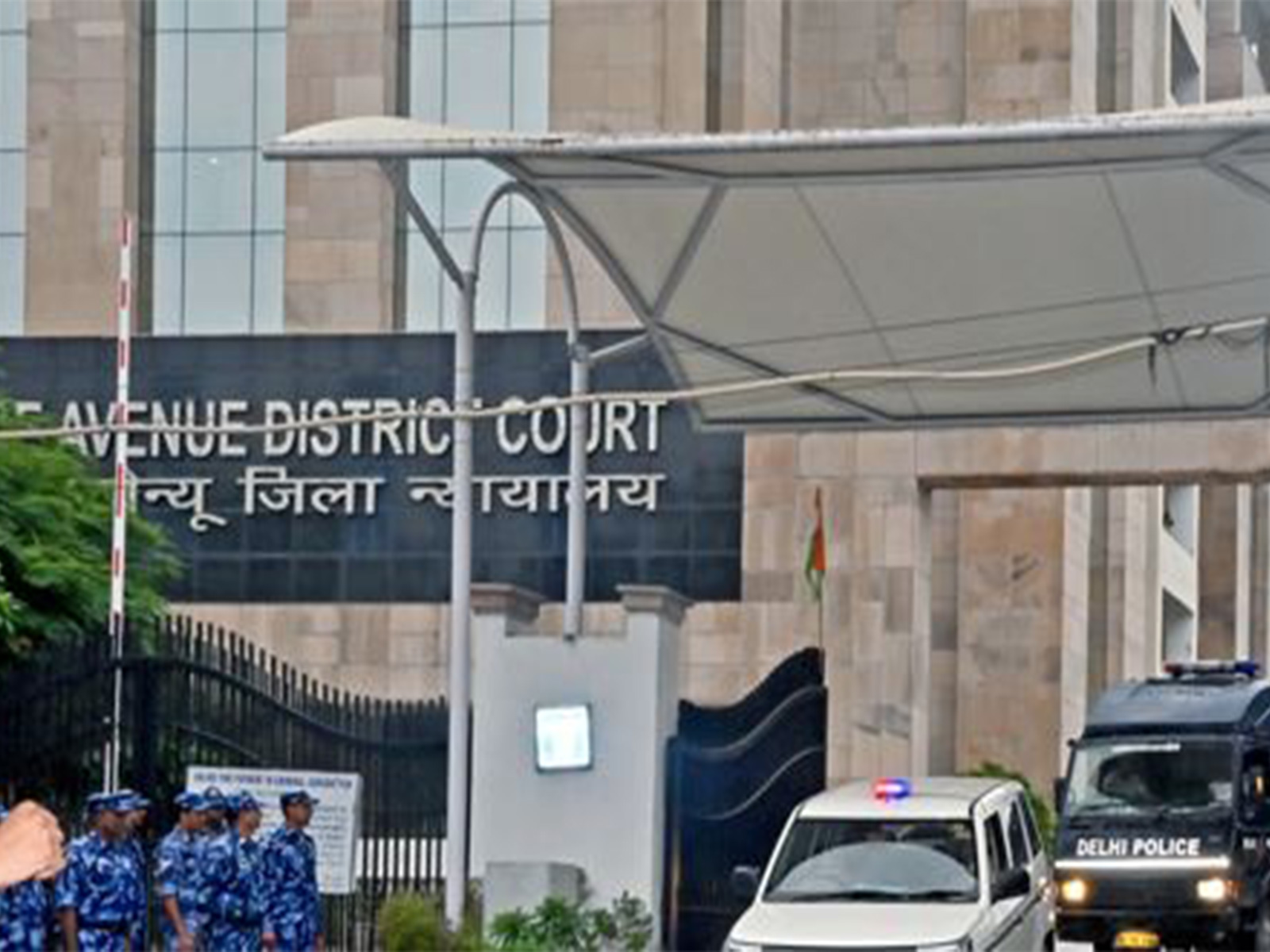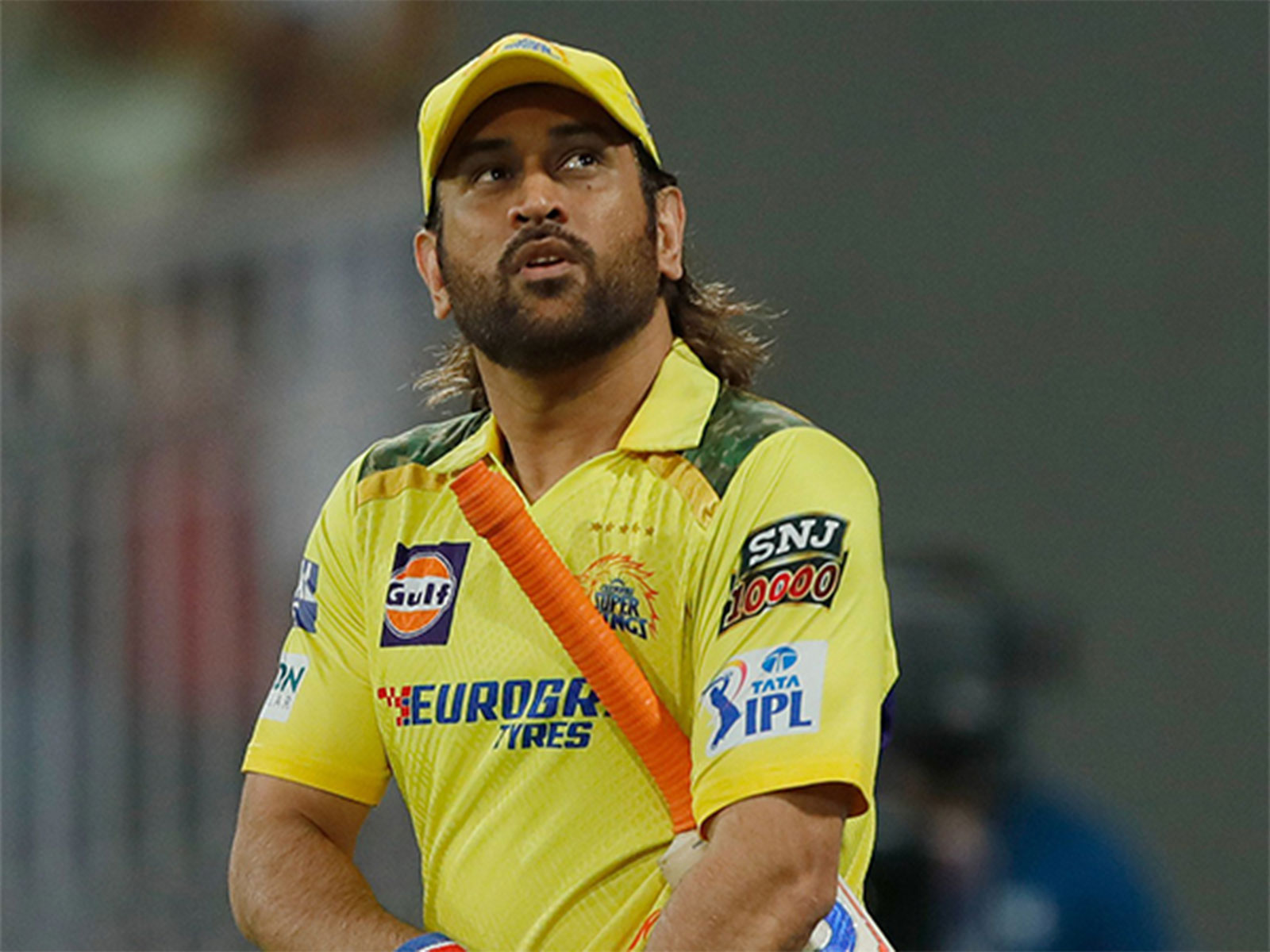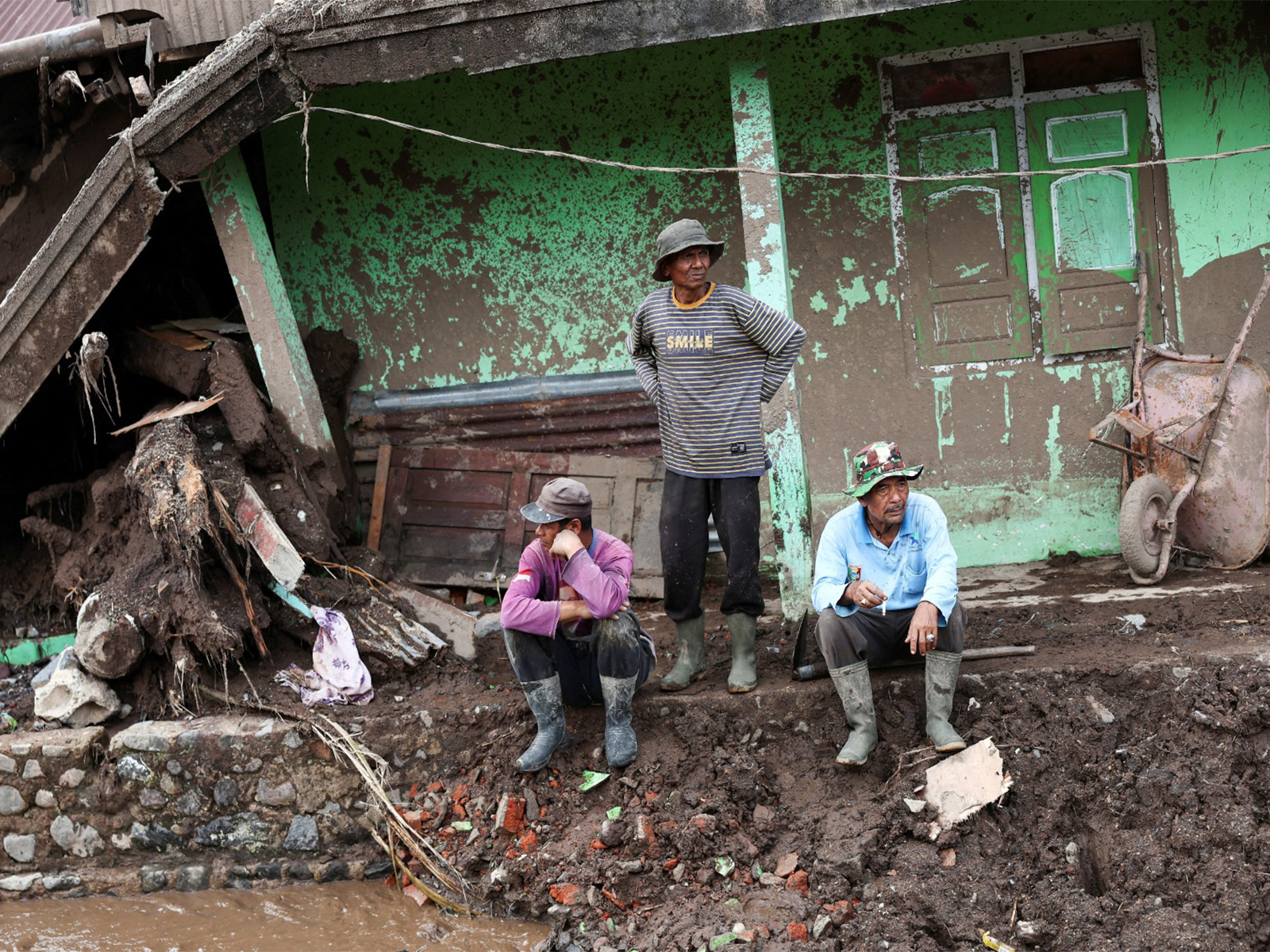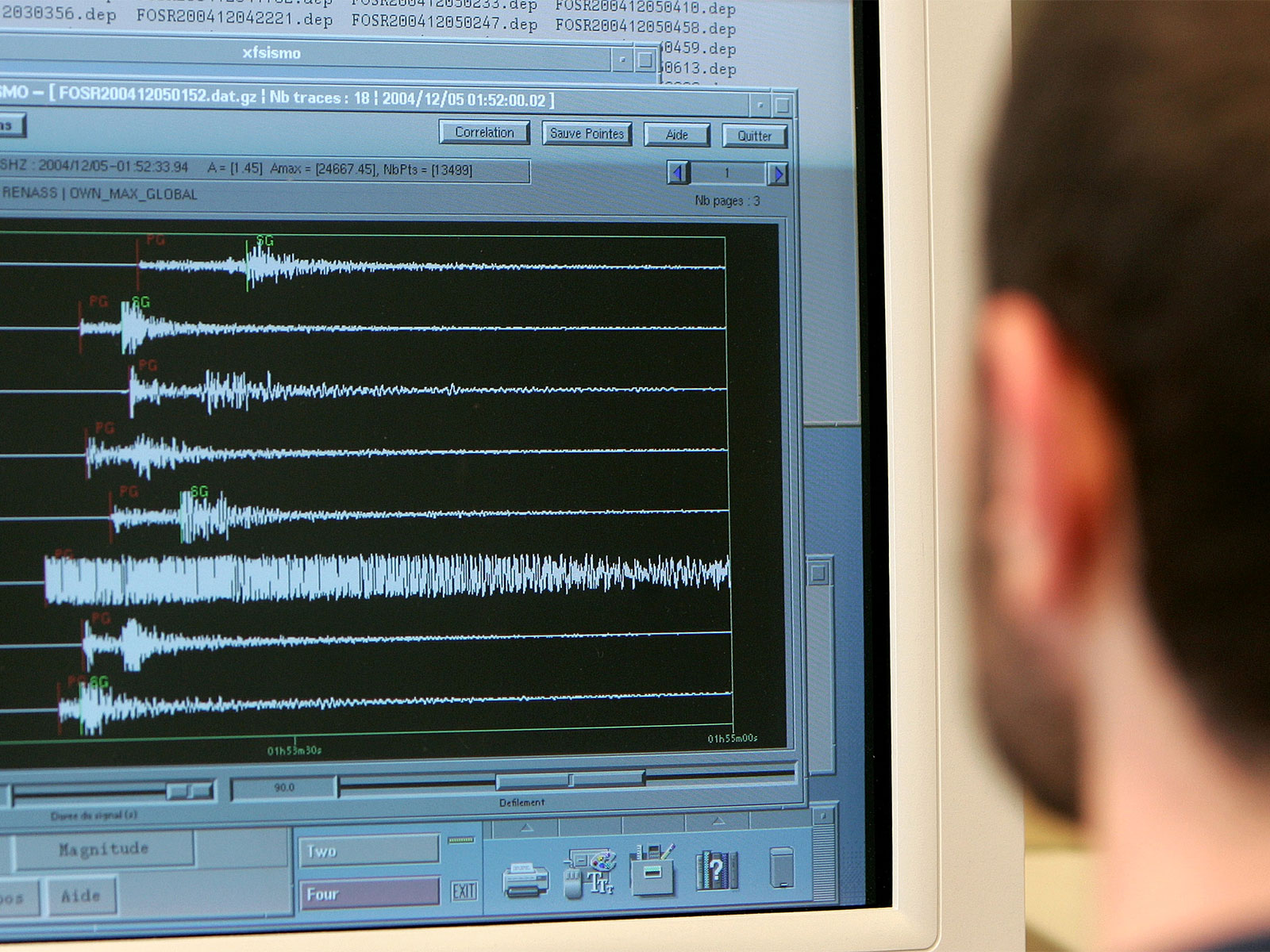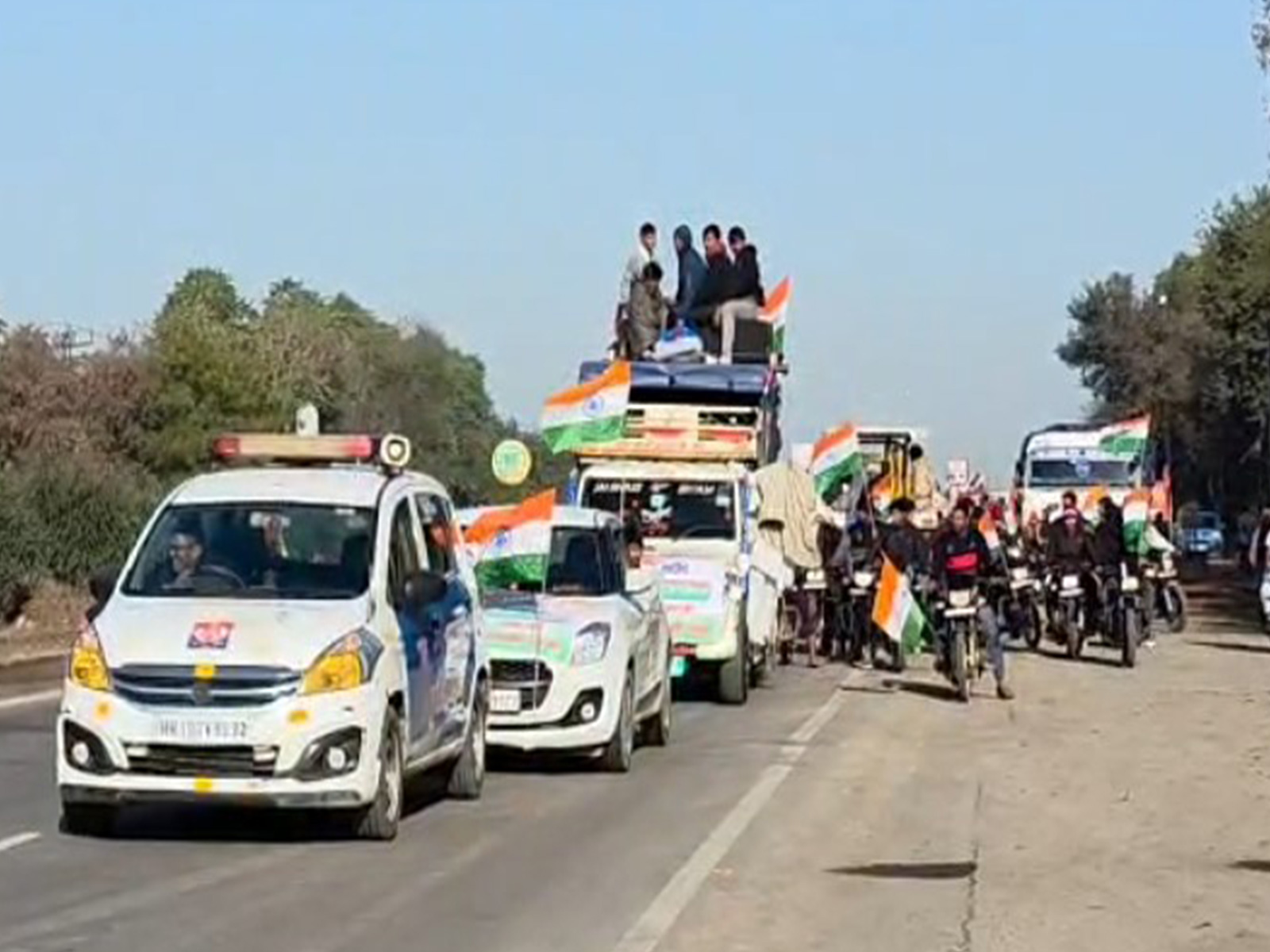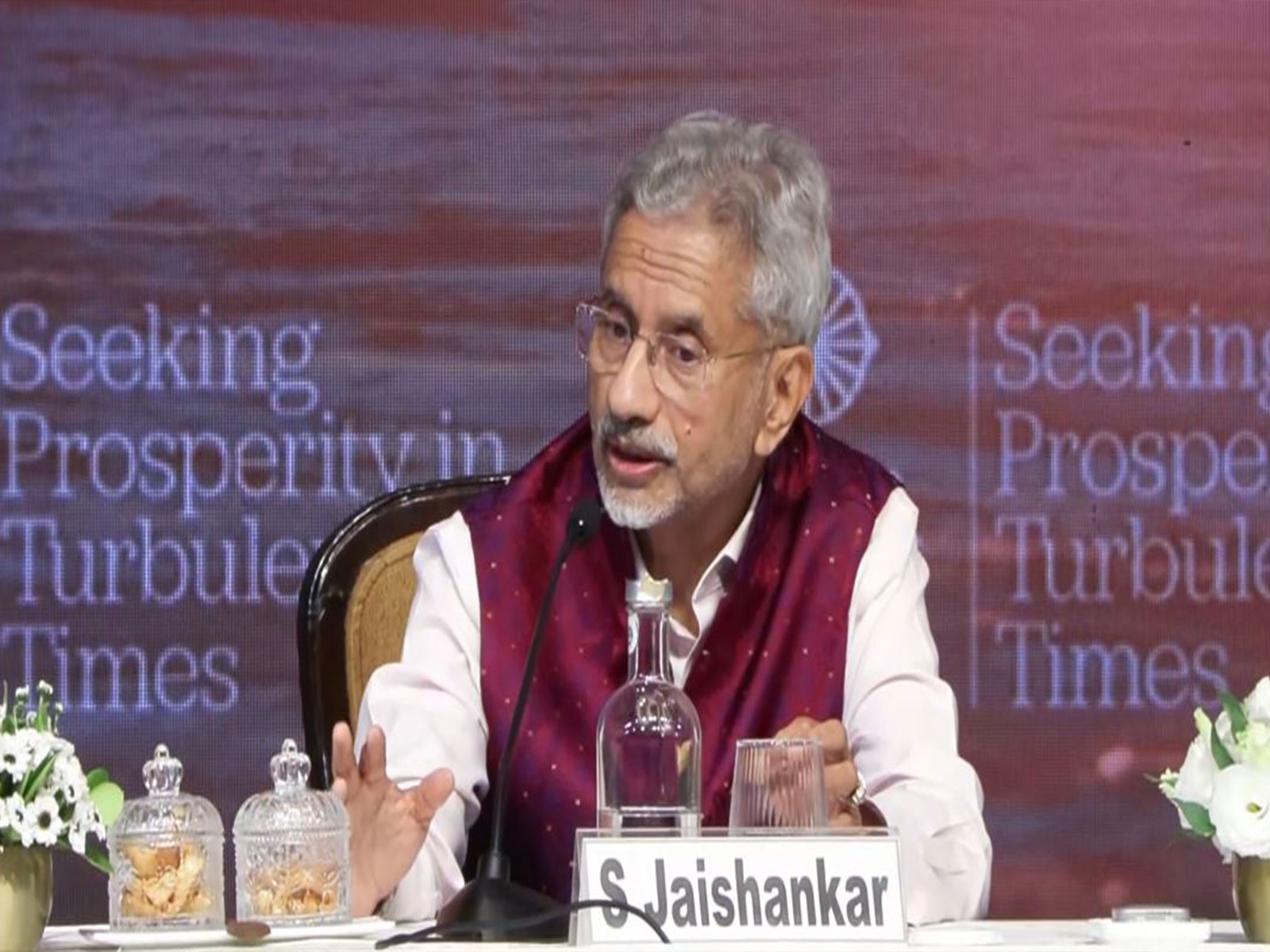
"There has to be trade understanding with United States," EAM Jaishankar on "unfair" tariffs
Oct 05, 2025
New Delhi [India], October 5 : External Affairs Minister S Jaishankar on Sunday expressed the need to have a trade understanding with the United States (US), adding that not only because it's the world's largest market, but also because much of the world already has such arrangements.
In a panel discussion at the Kautliya Economic Forum in New Delhi, Jaishankar stated that India and the United States had yet to "reach a landing ground" in ongoing trade negotiations. He also addressed the volatile global environment, describing the coming years as a test of resilience for all nations.
"Today, we have issues with the United States ... that we haven't yet arrived at a landing ground in our trade discussions. In addition there is a certain tariffs being levied on us, which we have publicly said are unfair," said Jaishankar.
"In addition there is a a second tariff .... which has picked on us. for sourcing energy from Russia. And of course there are other countries who have done so including countries who right now have a far more antagonistic relationship with Russia then we do. I'm not minimizing the issues. But I don't think we should take it to a point as though this is going to percolate to every dimension of the relationship.
"There are problems, there are issues, nobody is in denial of it. Those issues need to be negotiated and discussed and resolved, which is exactly what we are trying to do. But I would really sort of hesitate to read very much more into it," Jaishankar said in his remarks while responding to questions from the moderator, N K Singh.
"I deal in a world of realities, and my reality right now is at 25 per cent and 25 per cent of a 50 per cent tariff, and that is what right now we are negotiating. So, whatever happens at the end of the day there has got to be a trade understanding with the United States. There has to be one because it is the world's largest market but also because much of the world has reached those understandings. But it has to be an understanding where our bottom lines, our red lines are respected."
Terming the trade relations "one-sided", President Donald Trump slapped 50 per cent tariffs on India, citing the country's crude oil import from Russia, which is fueling the war in Ukraine.
The new reciprocal tariff rates by the US Customs and Border Protection (CBP) are in effect from August 27.
Emphasising the need to have a common consensus, Jaishankar stated, "In any agreement, you know, there are things you can negotiate and there are things you can't. And I think we are pretty clear about that and we have to find that landing ground. And that's been the conversation really which has been going on since March."
In addition, last month, Commerce and Industry Minister Piyush Goyal concluded his high-level trade visit, which the ministry described as 'positive.'
The Ministry stated that both sides have agreed to accelerate efforts toward an "early and mutually beneficial conclusion" of the proposed trade pact.
Jaishankar Going further, External Affairs Minister S Jaishankar said the conversation around diversifying trade has been ongoing, with a clear focus on shifting more towards Asia.
"On diversifying trade moving towards Asia. Most of our initial free trade agreements were actually almost all with Asia. They were with ASEAN, they were with Japan, and Korea. They were individually with some ASEAN members," he added.
However, he acknowledged a significant challenge: many of these Asian economies are India's direct competitors and, through integrated supply chains, have inadvertently facilitated greater market access for China.
"The challenge today which we face is that in many ways these are economies which are competitive.And in many cases because of the supply chain nature, they've also provided a pathway for China," he noted.
To counter this, Jaishankar emphasized the importance of targeting free trade agreements with economies that are not directly competitive, but instead offer deep, stable, and predictable markets.
"I would very honestly say our focus should be on FTAs with economies that are not competitive, where there is uh really a deep, sustainable, predictable and real market economy at work, which is why we are very pleased with the UK FTA, which is why we are very serious about an EU FTA, and which is why we are striving for an understanding with the United States," he said, underlining a strategic pivot in India's global trade priorities.
